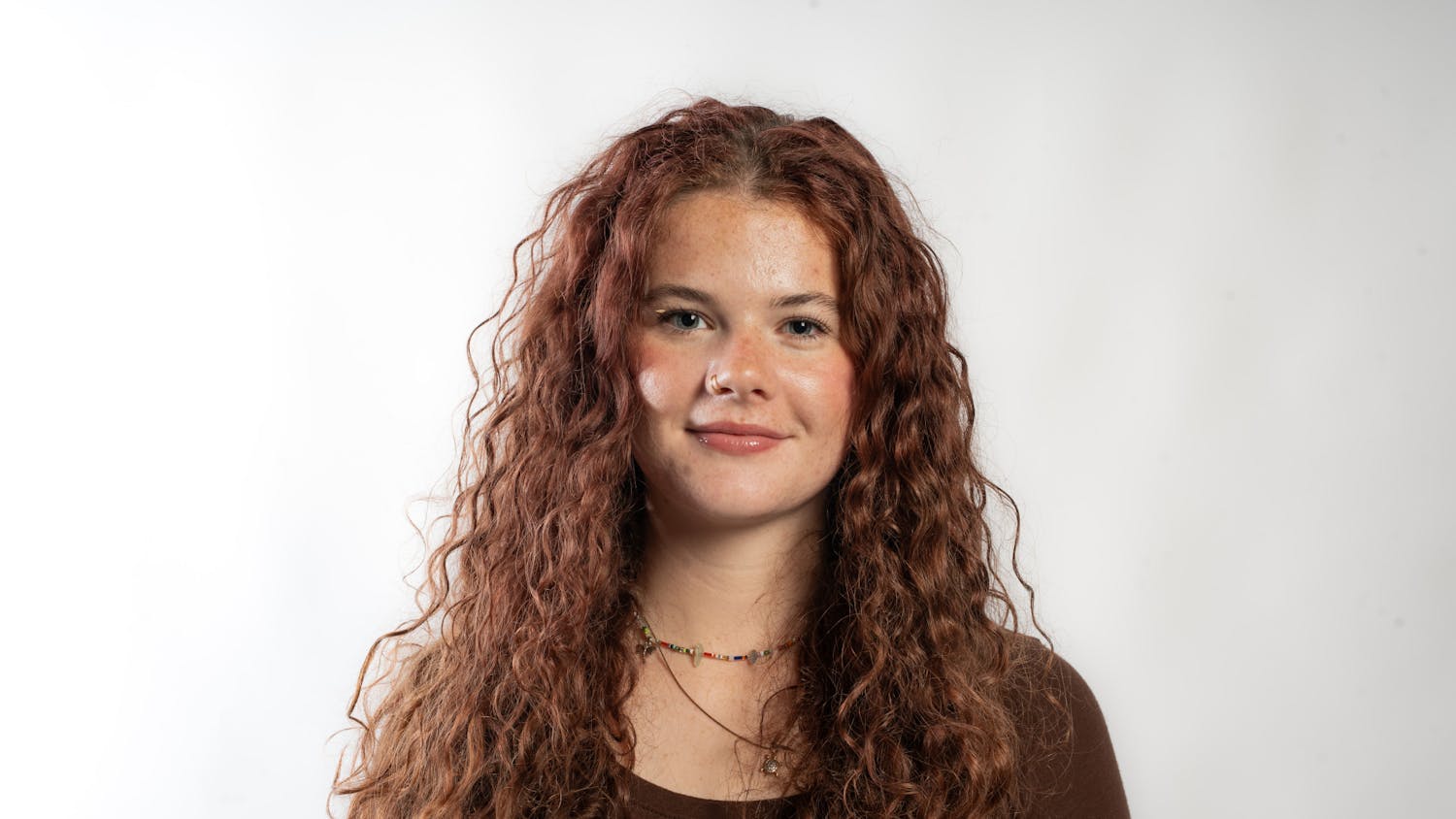Lately, I have been violently bombarded with life revelations.
Omitting the gory and not entirely concrete details, I was inflicted with some relatively severe medical trauma this past weekend. In yet undisclosed conjunction with that fact, I also recently read the short story “Open Boat” by Stephen Crane.
Let me explain why these two personal details of my life are related to not only each other but also my newly cemented views on life that I have promised to share weekly — desired by you or not.
The media, our cultural folktales and our crazy grandmas all tell us that having a “near-death experience” (most of the incidents deemed as “near-death” are impossible to measure how close to death the person truly was, my experience being no exception) changes you.
They provide us with some sort of transcendent unlocking to the mysteries of our universe or a spiritual awakening of magnificent proportion. Well, after my unfortunate aforementioned episode, I chalk those stories up to dramatic attention seekers.
I have learned a plethora of lessons throughout the experience, but divine intervention and a heightened awareness with my connection to nature are not some of them.
I have been swimming in my mind for a week now, waiting for some imaginary light bulb to turn on and awake me to the wonders of some unforeseeable realm.
It never happened, and I have relatively full faith that it never will while I reside on this planet. As for what happens when I don’t, I have no definitive postulation, and I don’t pretend to.
With that knowledge, I read Crane’s “Open Boat.” I am a huge Crane fan, but sadly, I do not have the available word count to summarize this story here, so if you haven’t read it and care to, look it up.
Essentially, the story is about the camaraderie that four men develop while stranded in the ocean on a small boat. Crane was not an optimistic man and had an unabashedly dim view of society prevalently seen throughout his works.
This tale is no exception. The men could see the shore from the dinghy they occupied upon the sinking of their original vessel, but they cannot defeat the crest of the waves without overturning the boat in order to reach the shore. Throughout most of the story, they have no hope that help will come.
Spoiler alert: it doesn’t, at least not for all of them. After risking their lives to swim to shore, a stranger assisted the washed-up remaining crew. In the end, a widely accepted interpretation of the conceit is that we, as human beings, have no one we can count on but one another.
The men in the boat formed a support system in one another because they were forced to. There was no shining ray of enlightenment or assistance from the heavens, just the men and dangerous open water.
I have awaited some sort of divine intervention, and much like the men in the boat, it has not come. From this, I have seen that humans are the only lifelines we have in this world.
Maybe this is just a view that America’s tainted youth temporarily adopts (seeing as Crane died with only 28 years of life-experience), but I would not have survived the incident without the help of complete strangers, my friends and my family.
Maybe a god is the reason we are here initially. But for now, like Crane, I can count only on the unyielding generosity and kindness that can be found throughout the human race.That lesson is all-important, being that as a society we focus on our mistakes.
I am not in anyway attempting to disprove the existence of a higher being; I am simply attempting to prove that waiting for one to show itself is a distraction from the divine beauty right in front of us.
Melissa Knueven is a junior studying communications and a columnist for The Post. Help her pay it forward at mk241609@ohiou.edu.





